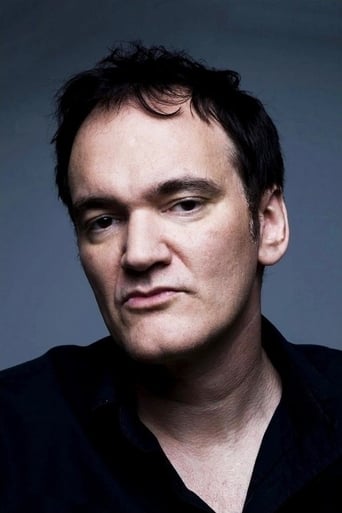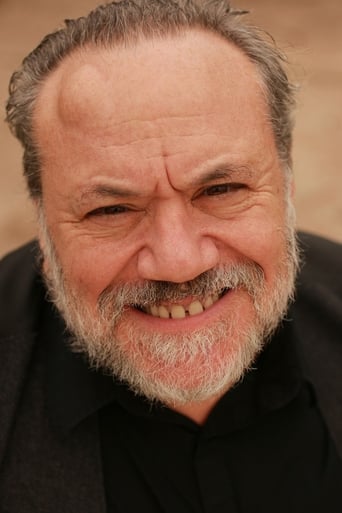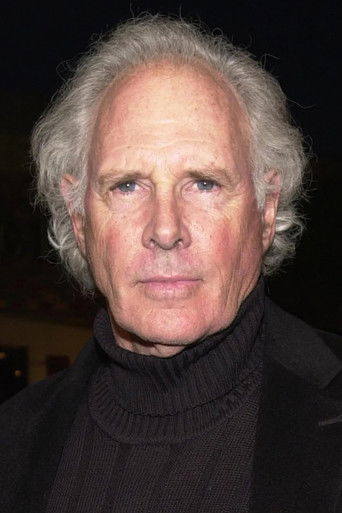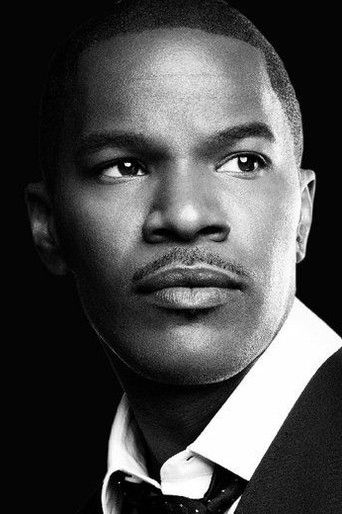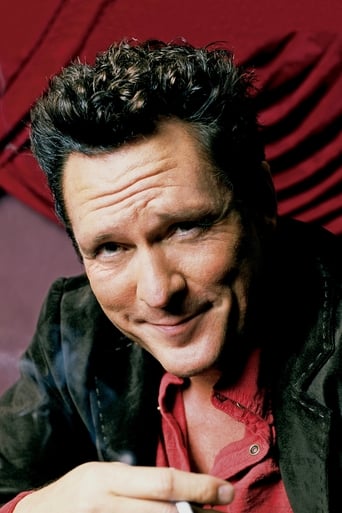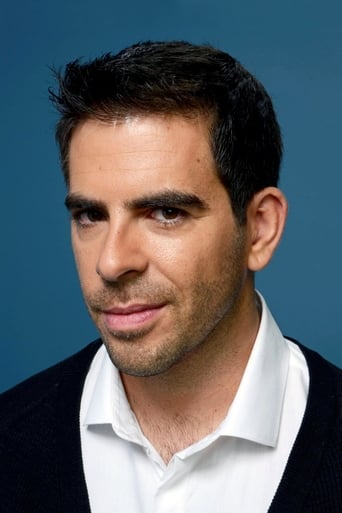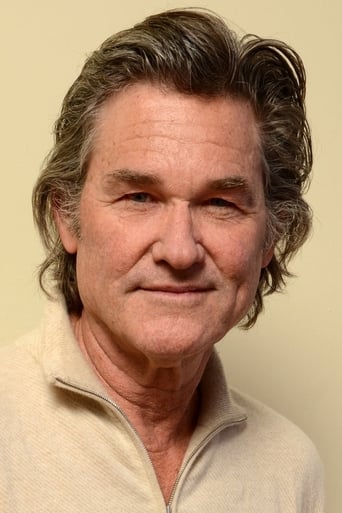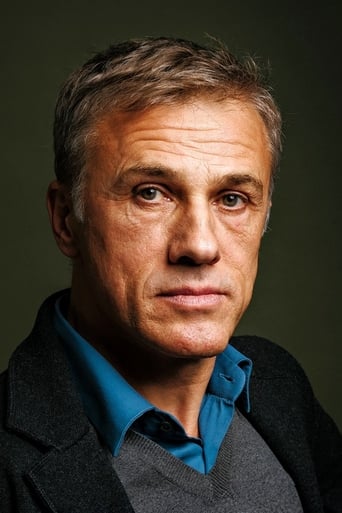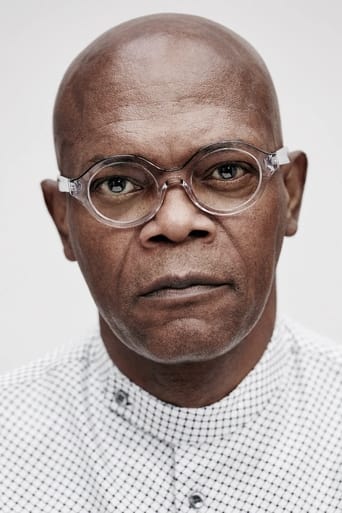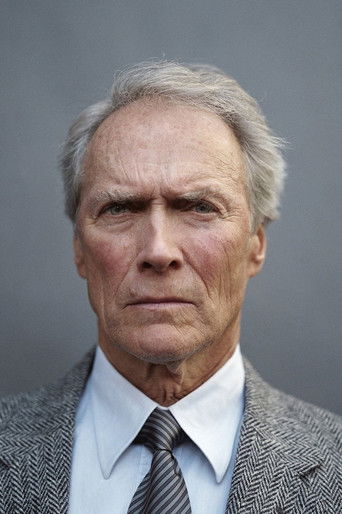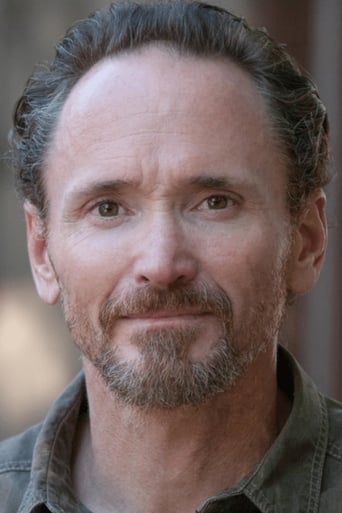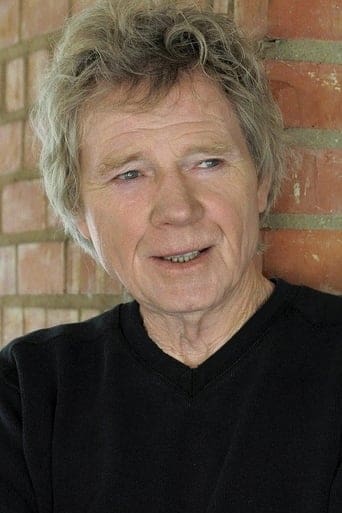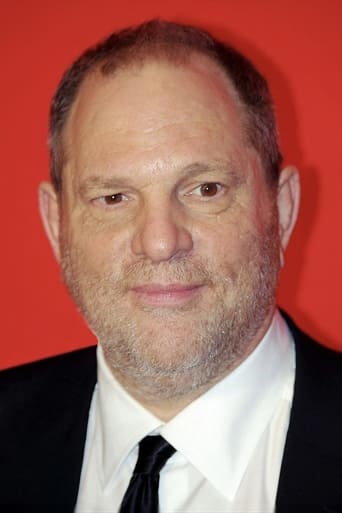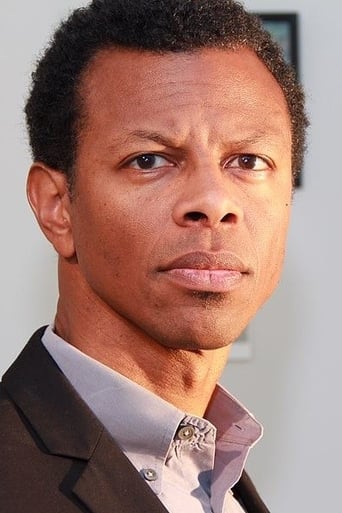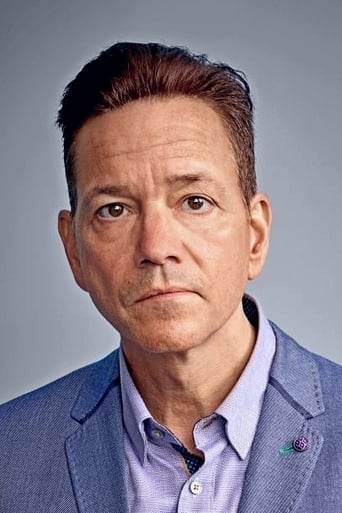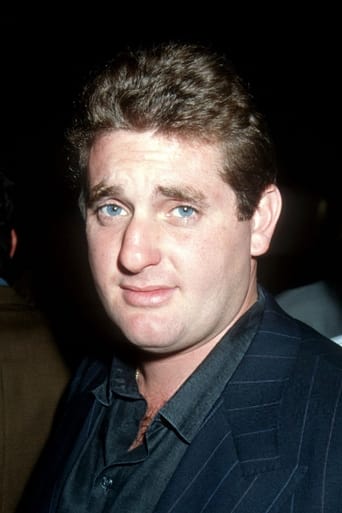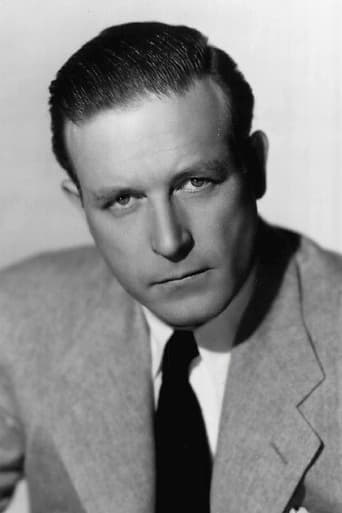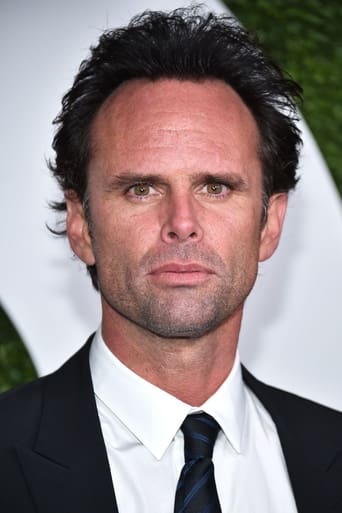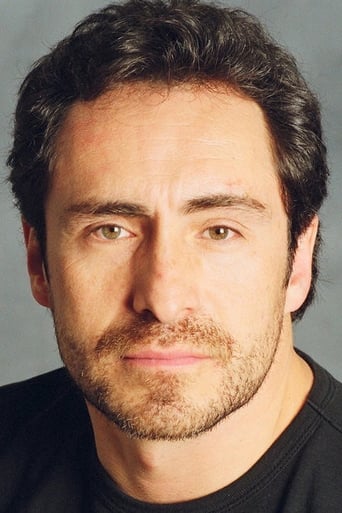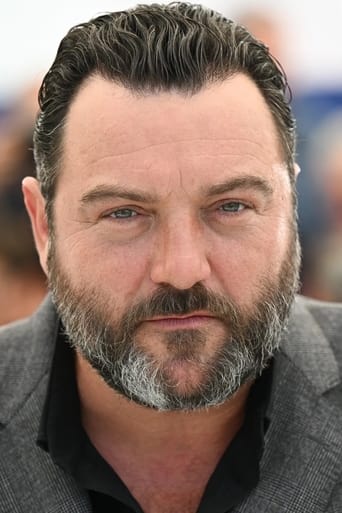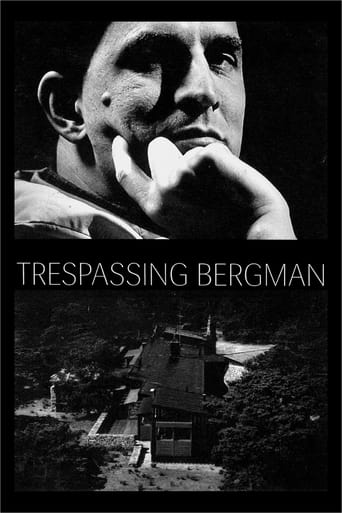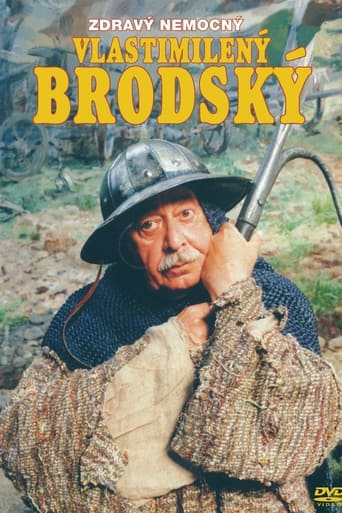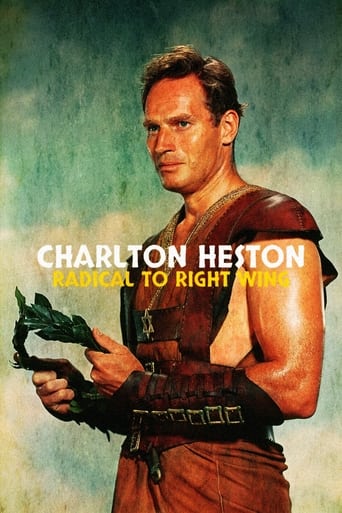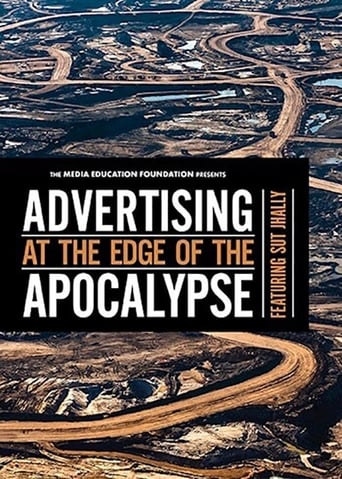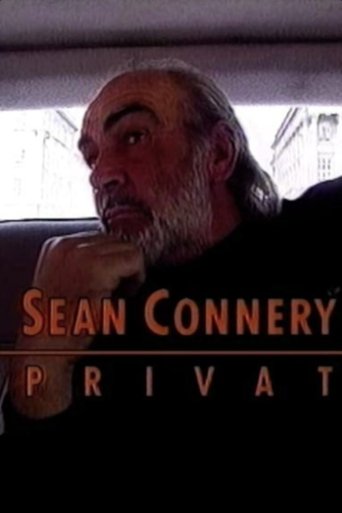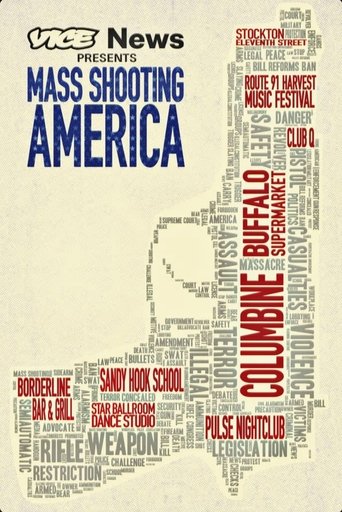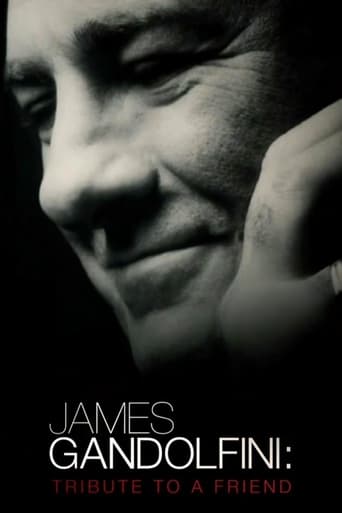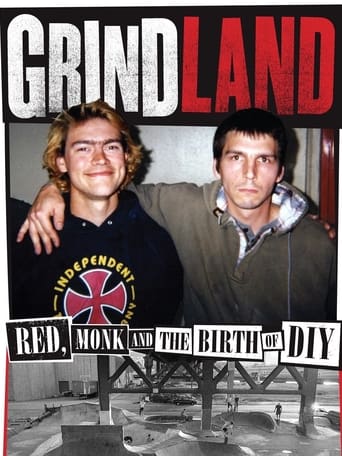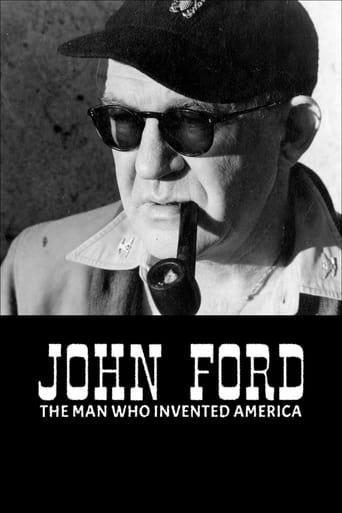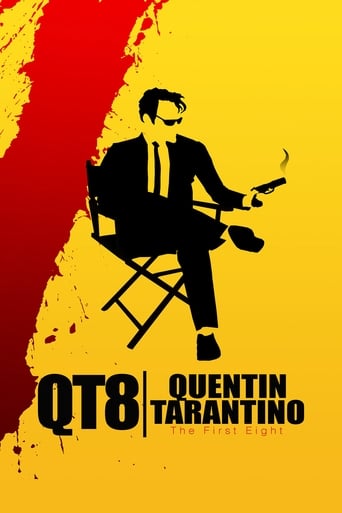
QT8: The First Eight (2019)
A detailed account of the life and artistic career of legendary filmmaker Quentin Tarantino, from his early days as a video club manager to the scandalous fall in disgrace of producer Harvey Weinstein. A story about how to shoot eight great movies and become an icon of modern pop culture.
- Tara Wood
- Tara Wood
Rating: 7.17/10 by 159 users
Alternative Title:
21 Years: Quentin Tarantino - US
21 год: Квентин Тарантино - RU
Tarantino total - ES
QT 8 : Quentin Tarantino en 8 films - FR
クエンティン・タランティーノ 映画に愛された男 - JP
QT8 Quentin Tarantino - The First Eight - US
Quentin Tarantino - The First Eight (2019) - DE
Country:
United States of America
Language:
English
Runtime: 01 hour 43 minutes
Budget: $0
Revenue: $101,346
Plot Keyword: movie business, pop culture, biography, director, hollywood star, rise to fame, semi-biographical, film director, famous people, famous brand, portrait of a filmmaker, documentary, true cinema, documentary film, art documentary, harvey weinstein, creative director
QT8: The First Eight is the wrong title for this documentary/hagiography of Quentin Tarantino. Never mind the cacophony of of having two 'eights' (even if it is, as I suspect, a reference to the Crazy 88, it’s still pretty lame); a more accurate title would be The First Three That Actually Matter and the Six (counting Once Upon a Time in Hollywood) Bloated, Masturbatory, Overrated Ego Trips that Followed. Like it or lump it, there is a 'before and after' Jackie Brown. Tarantino’s transition from genius to raving lunatic began with Kill Bill, and reached an apex with the pointless exercises in historic revisionism that are Inglorious Basterds and Once Upon a Time in Hollywood. Back to QT8, I would normally dismiss a documentary about a living person wherein that person is conspicuous by his absence as nothing more than a fucking waste of everybody’s time — in this case, however, I’ll file it under 'addition by subtraction.' Arguably the best thing about this movie is that Tarantino is nowhere to be seen or heard. The second best thing about about the film are the contributions of Michael Madsen, Sam Jackson, and Christoph Waltz (and, to a lesser extent, Tim Roth, Bruce Dern, Kurt Russell, and Jamie Foxx). Their interventions are entertaining and insightful, and carry the weight of credibility. In contrast, when I hear some nobody saying "Watching [Reservoir Dogs] with enough audiences ... [Tarantino] realized that he needed to give the audience permission to laugh," I’m like, you’re not telling me what he thought; at best, you’re telling me what _you_ think _he_ though — then again, that’s par for the course in a documentary where everything, regardless of whether the source is trustworthy or not, is secondhand information. In consequence, Tarantino is not there to explain the actions that led him to almost killing Uma Thurman and apologize for them — not that he needs to, though; since this is a Quentin lovefest, the blame somehow gets shifted to Harvey Weinstein, which is a bad move even if Weinstein is bad himself; blame the man, and rightfully so, for the crap he’s done (god knows there’s plenty of that), nor for the crap he didn’t do just, especially not just so you can get your golden boy off the hook. At one point, to illustrate Tarantino’s infectious enthusiasm, Waltz says "It's like going to a whore house to get infected with the syphilis." I’m sure it sounded better in his head, but this ill-conceived simile unwittingly makes a good point. I’m reminded of Doctor Faustus, a novel by Waltz’s compatriot Thomas Mann, whose hero literally and willingly contracts syphilis because he equates madness with artistic genius; the ensuing progressive disease reduces him to an infantile state in which he lives out the remainder of his short life under the care of his relatives. I’m going to go out on a limb and assume that Tarantino doesn’t have syphilis — but then, what’s his excuse?

